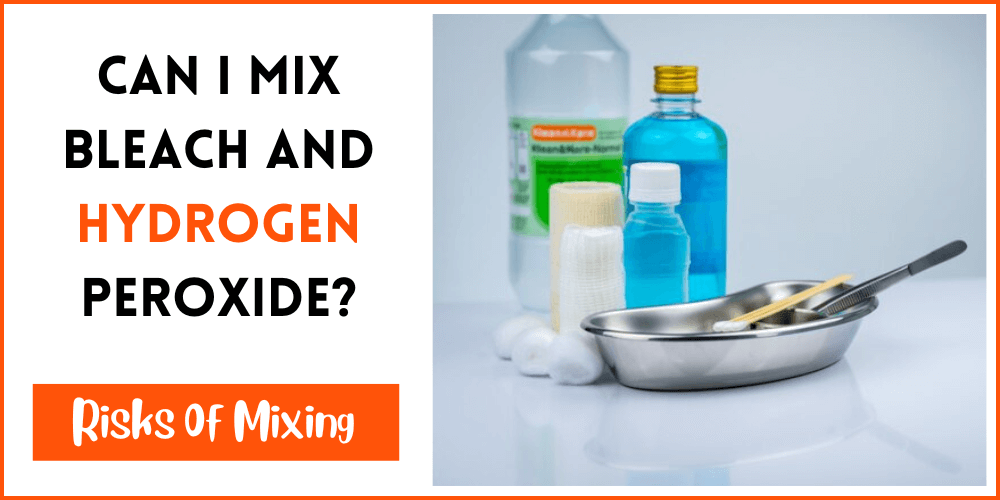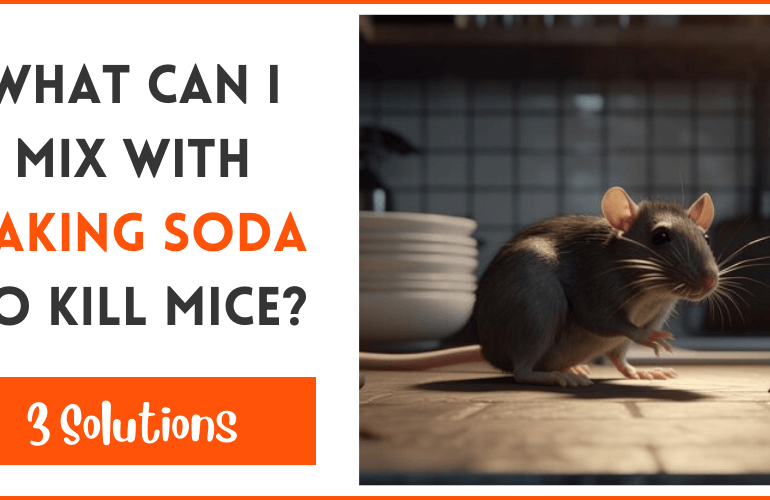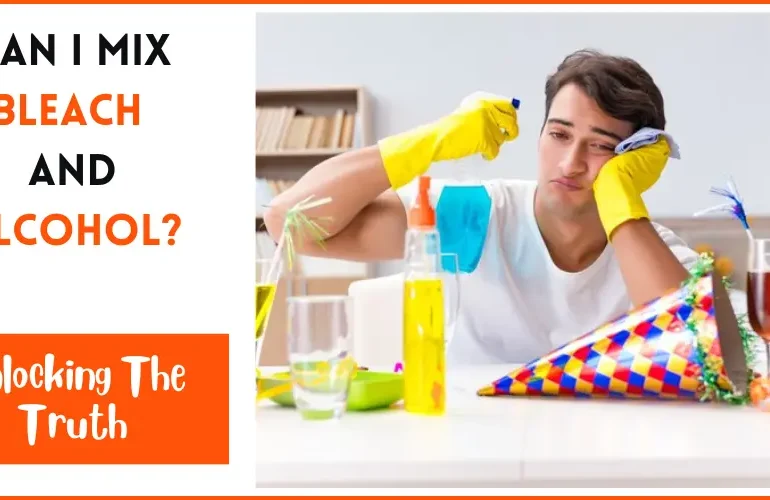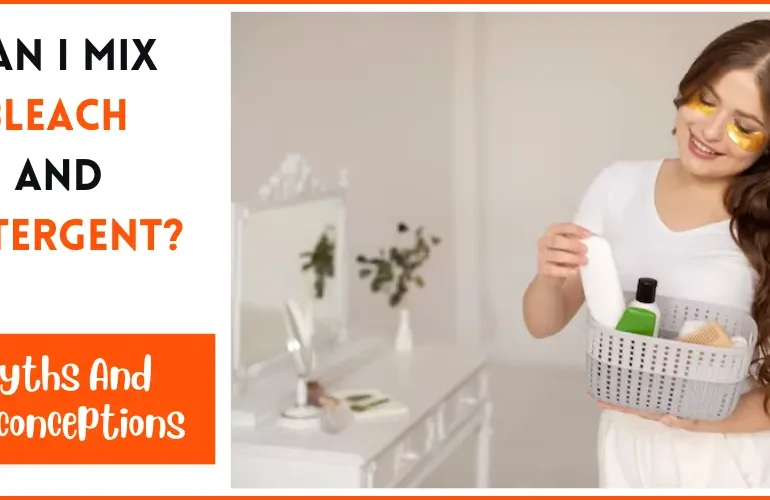

Understanding the compatibility of different chemicals is crucial in cleaning and disinfecting. This knowledge helps prevent undesirable reactions and ensures effective cleaning practices. One common question that arises is whether can I mix bleach and hydrogen peroxide. Explore risks and alternatives when mixing these chemicals for cleaning and disinfection. It will give important safety precautions to follow.
Can I Mix Bleach And Hydrogen Peroxide?
Bleach and hydrogen peroxide are both powerful cleaning agents that can kill germs and disinfect surfaces. Discover if can i mix bleach and hydrogen peroxide. But, when these substances are mixed, a chemical reaction occurs that can release harmful gases, such as chlorine gas. This reaction can be dangerous and pose significant risks to your health and the environment.
Risks Of Mixing Bleach And Hydrogen Peroxide
Mixing bleach and hydrogen peroxide can result in the formation of chlorine gas. This gas can cause respiratory distress, eye irritation, and even lung damage. Also, this chemical reaction can generate heat and lead to explosions or fires. It’s crucial to never mix these chemicals.
Alternatives To Mixing Bleach And Hydrogen Peroxide
There are safer alternatives for cleaning and disinfecting your home. Use separate solutions for different purposes instead of mixing bleach and hydrogen peroxide. For general cleaning, use a bleach solution according to the manufacturer’s instructions. For disinfection, hydrogen peroxide can be used or in combination with other safe disinfectants.
Safe Handling And Ventilation
When using bleach or hydrogen peroxide, it’s essential to follow proper safety precautions. Always wear gloves and protective eyewear to minimize direct contact with these chemicals. Make sure the space has good ventilation by opening windows or using fans. Avoid inhaling any fumes or gases that may be released during the cleaning process.
What To Do In Case Of Exposure?
If you breathe in chlorine gas or harmful fumes from mixing bleach and hydrogen peroxide, it’s important to act. Immediate action is crucial in such situations. Move to an area with fresh air, and if necessary, seek medical attention. Contact a poison control center or your local emergency services for guidance.
Related Guides:
What Should You Not Mix With Hydrogen Peroxide?
There are several substances that you should never mix with hydrogen peroxide (H2O2). These include household products such as vinegar, chlorine bleach, rubbing alcohol and iodine.
Vinegar: Vinegar is acidic, while hydrogen peroxide is a base. When the two are combined they form a dangerous product called peracetic acid which produces toxic levels of chloroform gas and can cause serious respiratory damage if inhaled.
Chlorine Bleach: Mixing hydrogen peroxide with chlorine bleach results in a reaction that releases deadly chlorine gas which can be fatal even at low concentrations when inhaled over short periods of time.
Rubbing Alcohol: Combining rubbing alcohol with hydrogen peroxide will produce highly concentrated forms of hydrochloric acid which releases toxic gases into the air – specifically nitrogen dioxide (N02), sulphur dioxide (SO3) and nitric oxide (NO).
Iodine: Iodine should not be mixed with H2O2 either as they will react to form an unstable compound known as triiodide ions which generate heat energy without warning – sometimes up to temperatures exceeding 500°F.
Does Hydrogen Peroxide Cancel Bleach?
Which Peroxide To Use With Bleach?
Hydrogen peroxide (H2O2) is a great option here because it not only serves as an oxidizer, but also breaks down into oxygen and water upon reaction with chlorine-based bleach. This makes hydrogen peroxide an excellent choice for bleaching laundry or disinfecting surfaces. Peroxyacetic acid (PAA) is another good option since it’s relatively safe and offers powerful sanitizing properties when used in combination with bleach.
Final Thoughts:
Understanding the dangers of mixing ammonia and bleach is crucial for our safety. By being aware of the risks, we can take appropriate measures to protect ourselves and our loved ones. Explore whether can I mix bleach and hydrogen peroxide. Always handle cleaning products with care, read labels, and follow safety guidelines. When it comes to cleaning, explore safer alternatives and natural cleaning agents. Let’s rank our health and well-being by making informed choices and practicing safe cleaning habits.
Sources:
- By Anonymous, Is it safe to mix bleach and hydrogen peroxide? Posted 7 years ago.



